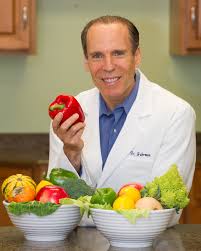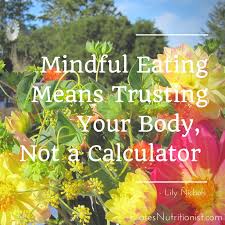Week 18 Weigh-in: True Hunger

It's a new week and I am a little excited today for some reasons: 1. I had my first workout Wednesday morning after more than 3 whole weeks of inactivity. 2. I just got clue to a new challenge and I am really excited that I may not bored out of this. 3. Intermittent Fasting is working and I am not worn out. It's more spiritual than physical and that keeps me going. 4. This is my 200th post on this blog, a wonderful milestone for me. I am proud of myself The post on true hunger is not really mine but a fact as researched by Dr. Joel Fuhrman, M.D. Happy Reading. Hunger is good to experience on a daily basis. Hunger is important to aid in our enjoyment of food and get the precise signals from our body to know the amount of calories we need to maintain our lean body mass. When we eat when we are hungry food tastes much better and we are physiologically primed for proper digestion. Hunger, in the true sense of the word, indicates to us that it is time to e
